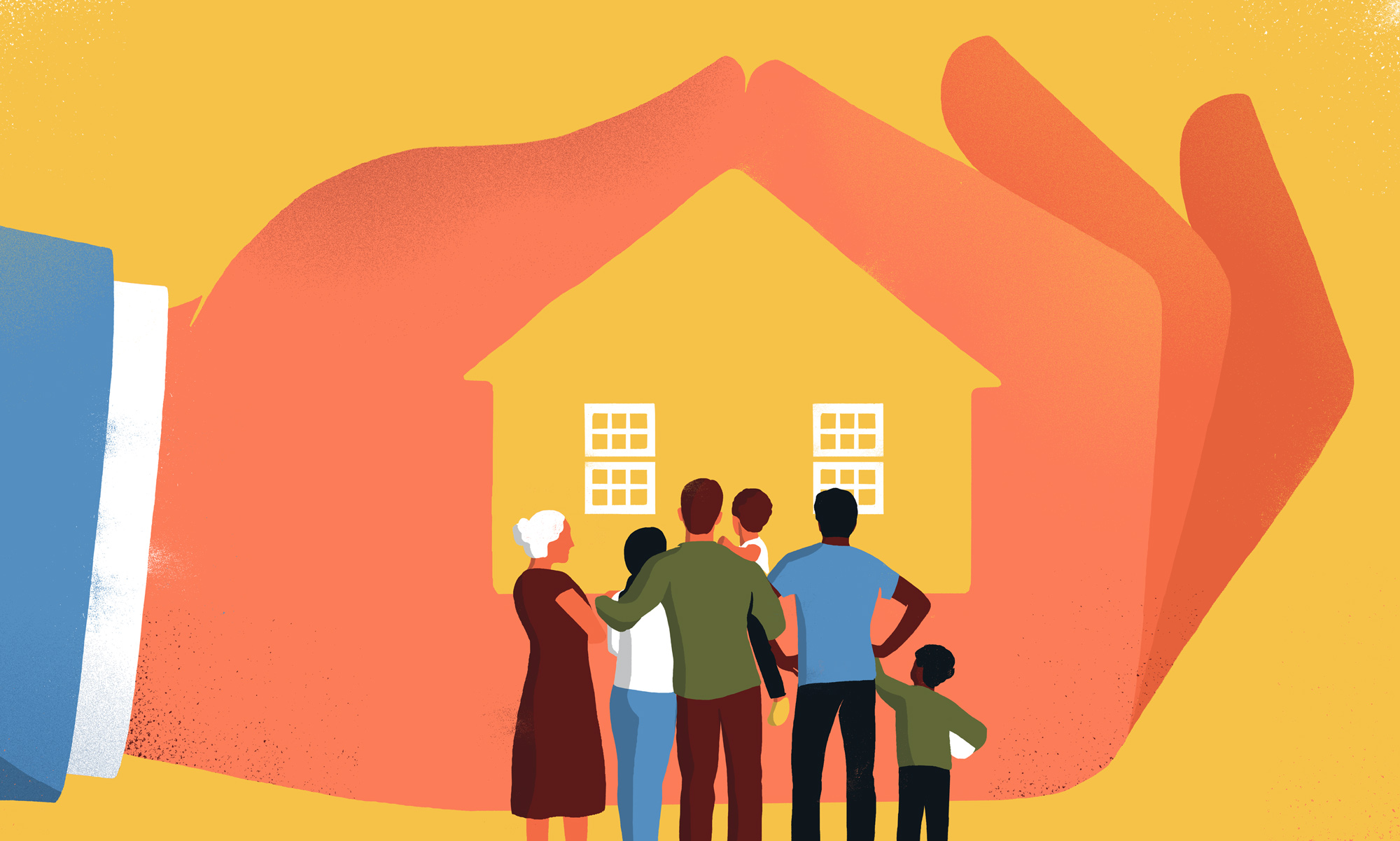
What Is Foreclosure?

Legally Reviewed

This short article has actually been written and evaluated for legal precision, clearness, and style by FindLaw's group of legal writers and attorneys and in accordance with our editorial standards.

Fact-Checked
The last updated date describes the last time this article was reviewed by FindLaw or one of our contributing authors. We strive to keep our short articles updated. For details concerning a particular legal problem impacting you, please get in touch with a lawyer in your area.
Foreclosure is the legal right of a lender to reclaim a residential or commercial property when a debtor stops making mortgage payments. Through the foreclosure process, a mortgage loan provider or other third-party lien holder gains ownership of a residential or commercial property. They might have a right to sell the foreclosed residential or commercial property and use the profits to settle the mortgage. This generally occurs if the mortgage or lien remains in default, indicating the property owner has missed out on payments.
Foreclosure proceedings have actually existed for centuries. Initially, the legal procedure provided automated ownership of the residential or commercial property to the holder of the mortgage loan (the "mortgagee") upon default. Today, foreclosure works in a different way. The law has actually developed for many years to permit customers (" mortgagors") time to settle mortgages before their residential or commercial property is taken away.
Today, numerous state laws and policies govern foreclosure to safeguard property buyers from unfairness, frauds, and fraud. In the US, although states have their own variations, the standard premises of how it works stay the exact same. For a basic introduction, download FindLaw's Guide to Foreclosure [pdf]
Types of Foreclosure
The mortgage holder can typically initiate foreclosure any time after a default on the mortgage. In pre-foreclosure, the loan provider will generally issue a notice of default to the customer. The customer's credit report and credit score may be impacted absent timely payment.
In the United States, there are a number of kinds of foreclosure that impact homeownership. Two are widely utilized, with the rest being possibilities just in a few states.
Judicial Foreclosures
The most essential kind of foreclosure is foreclosure by judicial sale. This is readily available in every state and is the needed approach in lots of. It involves the sale of the mortgaged residential or commercial property under the supervision of a court. The earnings go in order to:
1. Satisfy any senior, safe government liens, such as overdue residential or commercial property taxes
2. Satisfy the mortgage
3. Satisfy other lien holders
4. To the mortgagor
Because it is a legal action, all the proper celebrations must be informed of the foreclosure. There will be both pleadings and some sort of judicial decision, typically after a brief trial.
Nonjudicial Foreclosures
The second type of foreclosure is foreclosure by power of sale. Also referred to as nonjudicial foreclosure, it involves the sale of the residential or commercial property by the mortgage holder without the supervision of a court. Where it is available, foreclosure by power of sale is a more expedient way of foreclosing on a residential or commercial property than foreclosure by judicial sale. The bulk of states enable this technique of foreclosure. Again, earnings from the sale go first to the mortgage holder, then to other lien holders, and finally to the mortgagor.
Other Foreclosures
Other kinds of foreclosure are just offered in limited places and are therefore thought about minor methods of foreclosure. Strict foreclosure is one example. Under strict foreclosure, when a mortgagor defaults, a court orders the mortgagor to pay the mortgage within a certain duration. If the mortgagor fails, the mortgage holder immediately acquires title. The holder will have no obligation to offer the residential or commercial property.

Strict foreclosure was the initial method of foreclosure, but today it is only available in Connecticut and Vermont.
Acceleration

The idea of velocity is utilized to determine the quantity owed under foreclosure when the mortgagor defaults on the mortgage. Acceleration permits the mortgage holder the right to declare the entire debt due and payable. Suppose a mortgage is secured on a residential or commercial property for $100,000 with regular monthly payments required. If the mortgagor stops working to make the monthly payments, the mortgage holder can demand the mortgagor make great on the entire $100,000 of the mortgage.
Almost all mortgages today have velocity stipulations. However, they are not imposed by statute (codified law). If a mortgage agreement does not have a velocity clause, the mortgage holder has no choice but to accept one of the following:
- Wait to foreclose up until all of the payments come due
- Convince a court to divide up parts of the residential or commercial property and sell them in order to pay the installation that is due
- Negotiate for loan modification, forbearance, re-finance, or a deed in lieu of foreclosure rather of refinancing
Alternatively, the court may purchase the residential or commercial property sold based on the mortgage. The loan provider will consequently issue a notification of sale. The residential or commercial property might be:
- Sold through a trustee sale, by means of a power of sale provision in a deed of trust
- Sold at a public auction/foreclosure auction to the greatest bidder
- Sold through a genuine estate agent, also referred to as a Real estate agent
- Sold through a brief sale
The defaulting borrower will deal with expulsion from their foreclosed home. The profits from the foreclosure sale will then go to the payments owed to the mortgage holder. In states that allow it, the lender may get a deficiency judgment in case the proceeds are inadequate to cover the cash owed.
If a loan provider is unable to sell a home in foreclosure, it will be designated as a real estate owned (REO) residential or commercial property. This will offer private investors an opportunity to work out a lower price for their purchase. Whether the home is offered, a customer may have a minimal time period to purchase the residential or commercial property back in locations with right of redemption laws.
Contact a Foreclosure Attorney
If you're struggling to make your home payments, you're not alone. Many Americans face financial challenge throughout challenging times, but dealing with foreclosure doesn't have to mean you're out of options. Speak with a property foreclosure attorney to get help regarding your specific situation. They can provide you legal guidance to postpone or avoid foreclosure altogether.









